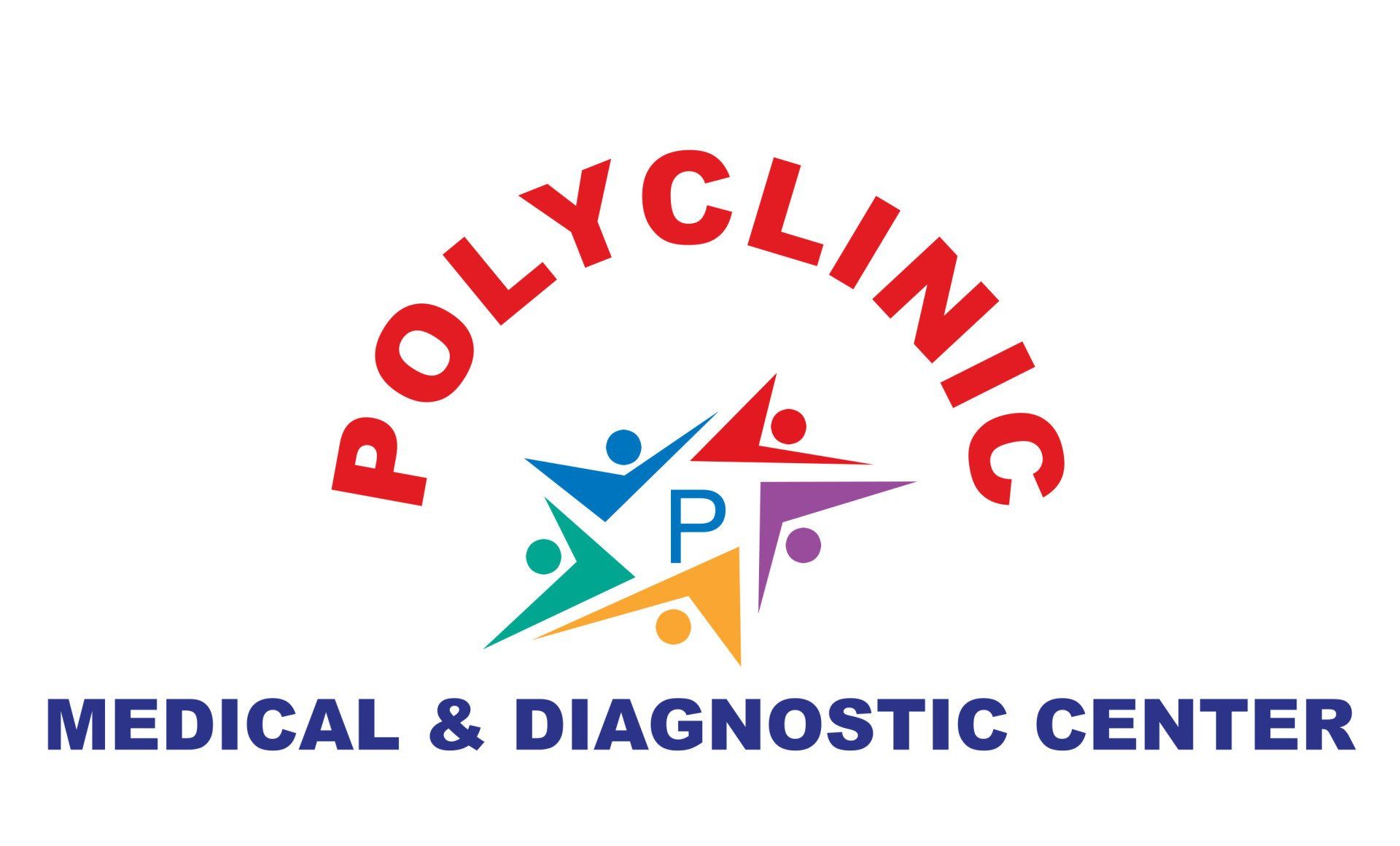General Practice
GP services
We provide male /female general wellbeing check up. 90 minutes of comprehensive physical examination including extensive blood tests(optional may include STD), ECG.
We also provide virtual video / audio consultation.
all varieties of GP services are list when you book your service.
We accept new patients ,private & medical cards , we restrict to accept medical cards patients but we may ask for reference letter from previous GP and full file transfer.
Family Planning
Family planning and Gynaecology at the level of primary care include:
-Cervical screening test (which has replaced Pap smear)
-Contraception advice (including device insertion and removal)
-Pre-pregnancy planning
-Pregnancy testing and advice
-Fertility advice
-Breast checks
-Gynaecological treatments
-Menopause management
-Menstrual disorders
-Sexual health screening
Geriatrics
Geriatric medicine, is a specialty that focuses on health care of elderly people. It aims to promote health by preventing and treating diseases and disabilities in older adults.
Geriatric syndromes include a number of conditions typical of, if not specific to, aging, such as dementia, depression, delirium, incontinence, vertigo, falls, spontaneous bone fractures, failure to thrive, and neglect and abuse.

Vaccinations & Immunisations
Immunisations: Our General practitioner able to provide:
Children’s health and immunisations
Immunising your child is an important step in preparing for a healthy life. The government is also offering incentives for parents to ensure children’s immunisations are up to date.
Now we opening a walk-in service from 6:00 p.m. to 9:00 p.m. Monday to Saturday.
Now and for those who are looking to be seen at walk-in service
you can book in to secure your appointment by calling 061-496111 or 0867231600 or book on line by clicking on the red booking button below. or just you can walk-in to clinic but in this case appointment are not grantee . Duration of consultation usually limited to 15 minutes only . Also its the greatest walk in price in Ireland ,its 45 Euros only
Important information to Ukrainian & Russian patients !
The Role of General Practitioners (GPs) in Ireland Compared to the Ukrainian Health System
Part 1
Dear Patients,
As you adjust to the healthcare system in Ireland, it is important to understand the role of the General Practitioner (GP) here, as it differs in some ways from what you may be used to in Ukraine. I want to explain the key functions of a GP in Ireland and how they fit into the healthcare system.
1. Primary Point of Contact
In Ireland, GPs act as the first point of contact for most health-related issues. Whether you have a minor illness, require a health check, or need management of a long-term condition, your GP is the person you see first. GPs in Ireland provide comprehensive care and can treat a wide range of conditions. In Ukraine, many patients may go directly to specialists, but in Ireland, a referral from a GP is often required to access specialist services.
2. Referral to Specialists
If you need to see a specialist doctor, your GP will assess your condition and, if necessary, refer you to the appropriate specialist. This differs from the Ukrainian system, where you might be able to book an appointment with a specialist directly. In Ireland, the GP manages this process, ensuring that your treatment pathway is coordinated and appropriate.
3. Preventive Care and Health Promotion
In Ireland, GPs play a major role in preventive care. This includes regular health screenings, vaccinations, and promoting healthy lifestyle choices. Your GP will help you manage risk factors for chronic conditions, like high blood pressure or diabetes, by offering regular check-ups and advice. Preventive care may be less emphasized in some parts of the Ukrainian system, but it is a key aspect of general practice in Ireland.
4. Managing Chronic Conditions
GPs in Ireland are central to the ongoing management of chronic conditions, such as asthma, diabetes, and heart disease. They monitor your health, adjust medications as necessary, and coordinate care with other healthcare providers. This ongoing management is similar to family doctors in Ukraine, but with an added emphasis on integrating care across different services.
5. Mental Health Support
Mental health care is an integral part of the GP’s role in Ireland. GPs are trained to provide initial support for mental health issues, such as anxiety, depression, or stress, and they can refer you to counseling services or mental health specialists if needed. Mental health care may be more specialized in Ukraine, but in Ireland, your GP is often the first professional to help with these concerns.
6. Home Visits and Palliative Care
In certain circumstances, GPs in Ireland provide home visits, particularly for elderly patients or those with severe mobility issues. They also play a crucial role in providing end-of-life or palliative care, ensuring that patients are comfortable and supported in their homes during difficult times. This kind of personalized home care might not be as widespread in Ukraine.
7. Coordination of Care
Your GP coordinates all aspects of your care, working with other healthcare professionals such as nurses, pharmacists, and specialists. They maintain your medical records and ensure that all treatments are coordinated. This holistic approach helps ensure continuity of care, which may not always be the case in the more specialist-driven system in Ukraine.
Conclusion
The role of a GP in Ireland is central to the healthcare system. GPs provide broad-based care, manage chronic illnesses, offer preventive services, and coordinate specialist care. While healthcare in Ukraine has strengths in specialist care, in Ireland, your GP is your first point of contact for all health-related concerns, ensuring that you receive comprehensive and continuous care.
If you ever have any questions about navigating the Irish healthcare system or about the services your GP can provide, feel free to ask.
Understanding the Role of the GP in Ireland:
A Treating Specialist with Referral Authority
Part 2
Dear Patients,
As you adapt to the healthcare system in Ireland, it is important to clarify the role of the General Practitioner (GP) and how healthcare resources are managed. The system here may differ from what you are used to in Ukraine, particularly in how referrals to specialists are handled. I want to help you understand why your GP plays a central role in your care and how the referral process works in Ireland.
1. GP as a Treating Specialist
In Ireland, the GP is not just a gatekeeper to specialist care; they are also highly trained to manage a wide range of medical conditions. Your GP can diagnose, treat, and manage many health issues without the need for specialist intervention. They are considered the first-line treating specialist, and in many cases, they are able to handle your medical concerns effectively.
2. Limited Healthcare Resources
The Irish healthcare system has limited resources, and access to specialist care is carefully managed to ensure that these resources are used efficiently. Specialists are in high demand, and it is crucial that they focus on patients who truly need their expertise. As a result, not every condition requires a specialist, and the decision to refer is made by your GP, based on your medical needs.
3. Referrals Are GP Decisions, Not Patient Requests
It is important to understand that the decision to refer you to a specialist is solely at the discretion of your GP. This decision is made based on clinical guidelines, protocols, and best medical practices. While you may feel you need to see a specialist, your GP is responsible for determining whether this is necessary. Referrals cannot be dictated by patients and must follow established rules that govern the healthcare system.
4. Protocols and Guidelines for Referrals
In Ireland, there are strict protocols and clinical guidelines that GPs follow when making referral decisions. These guidelines ensure that referrals are appropriate and that specialists see patients who require their specific expertise. For example, a referral to a cardiologist or neurologist will only be made if your GP determines that it is necessary based on your symptoms and medical history.
5. Trust in Your GP’s Expertise
Your GP is your primary healthcare provider, and they are well-equipped to manage many of your health concerns. They will refer you to a specialist only when it is clinically necessary. Trust in your GP’s judgment is key to receiving the best possible care within the Irish healthcare system. If a specialist referral is needed, your GP will make that decision in line with healthcare protocols.
Conclusion
In Ireland, your GP is a treating specialist who is responsible for your overall care. They will decide if and when a referral to a specialist is needed, based on medical guidelines and the availability of healthcare resources. It is important to respect this process and understand that referrals are made by your GP, not at the request of the patient.
If you have concerns about your health or feel that a referral is necessary, discuss it with your GP, who will guide you based on their professional expertise and the best practices in Irish healthcare.
GP Protocols and How Referrals Work in Ireland
What Are GP Protocols?
Part 3
GP protocols are standardized guidelines that help General Practitioners (GPs) make consistent, evidence-based decisions about patient care. These protocols ensure that GPs follow best medical practices and provide high-quality, safe care. Protocols are created by health authorities and professional bodies like the Irish College of General Practitioners (ICGP) and Health Service Executive (HSE). They include detailed guidance on diagnosing and managing various conditions, as well as when a referral to a specialist is appropriate.
Key aspects of GP protocols include:
- Diagnosis and Treatment Guidelines: GPs follow specific steps for diagnosing conditions (e.g., hypertension, diabetes) based on symptoms, tests, and risk factors.
- Preventive Care: Guidelines for routine screenings, vaccinations, and health checks, depending on the patient’s age, gender, and health status.
- Medication Management: Recommendations on which medications to prescribe, how to adjust doses, and when to review treatments.
- Chronic Disease Management: Protocols on monitoring long-term conditions like asthma or heart disease and when to escalate care.
- Referral Criteria: Guidelines that outline when it’s appropriate to refer a patient to a specialist, based on the severity of the condition, the failure of initial treatments, or other factors.
How Do Referrals Work?
In Ireland, referrals are primarily initiated by your GP. They act as the central point of care for most health issues, and if they determine that a specialist's input is necessary, they will refer you. The referral process is guided by a set of rules and clinical guidelines.
- GP Assessment:
- During your visit, your GP will assess your symptoms and medical history.
- They will use their knowledge and clinical guidelines to decide whether they can manage your condition or if it requires a specialist’s expertise.
- Referral Decision:
- GPs refer patients to specialists only when necessary, typically if:
- The condition is beyond the scope of primary care.
- Symptoms suggest a more complex condition requiring specialized investigation.
- Previous treatments have not worked.
- Referrals are based on established criteria, such as the National Clinical Guidelines, to ensure appropriate and timely specialist care.
- Referral Letter:
- If a referral is needed, your GP will write a referral letter. This letter includes your medical history, the GP's assessment, test results, and reasons for the referral.
- It is sent directly to the specialist or hospital, and you will receive details of the referral (e.g., appointment time, location).
- Specialist Appointment:
- Once referred, the specialist will see you, and any findings or treatment plans are shared back with your GP.
- In urgent cases, GPs can arrange faster referrals through direct communication with specialists or hospital departments.
- Referral Priority:
- Referrals are prioritized based on urgency: routine, urgent, or emergency.
- Emergency referrals might happen immediately, while non-urgent cases can have waiting times due to limited resources.
- Follow-Up with GP:
- After your visit to the specialist, the GP remains responsible for your overall care and will continue to monitor your condition based on the specialist’s recommendations.
This referral process helps ensure that specialist care is used efficiently and appropriately.
* This article translated to Russian & Ukrainian languages. Please change page language bottom at the top of the page to read in your language.
Warm regards,
[Dr Bugtur MD, Msc, PhD]
Medical card holder , please note ,medical card is not covering ALL SERVICES, and you may need to pay for some services provided by GP.
Respect medical and none medical staff and internal rules of clinic are required, any deviations or disrespect will lead to removal from doctors panel.
General practice working hours:
Monday : 11:00 to 18:00
Tuesday : 9:00 to 17:00
Wednesday: 9:00 to 17:00
Thursday: 9:00 to 17:00
Friday : 9:00 to 14:00
Closed on Saturdays , Sundays & Bank holidays.
All patients has to make an appointment in advance.
For out of hours cover call Shannondoc on 061-459500











